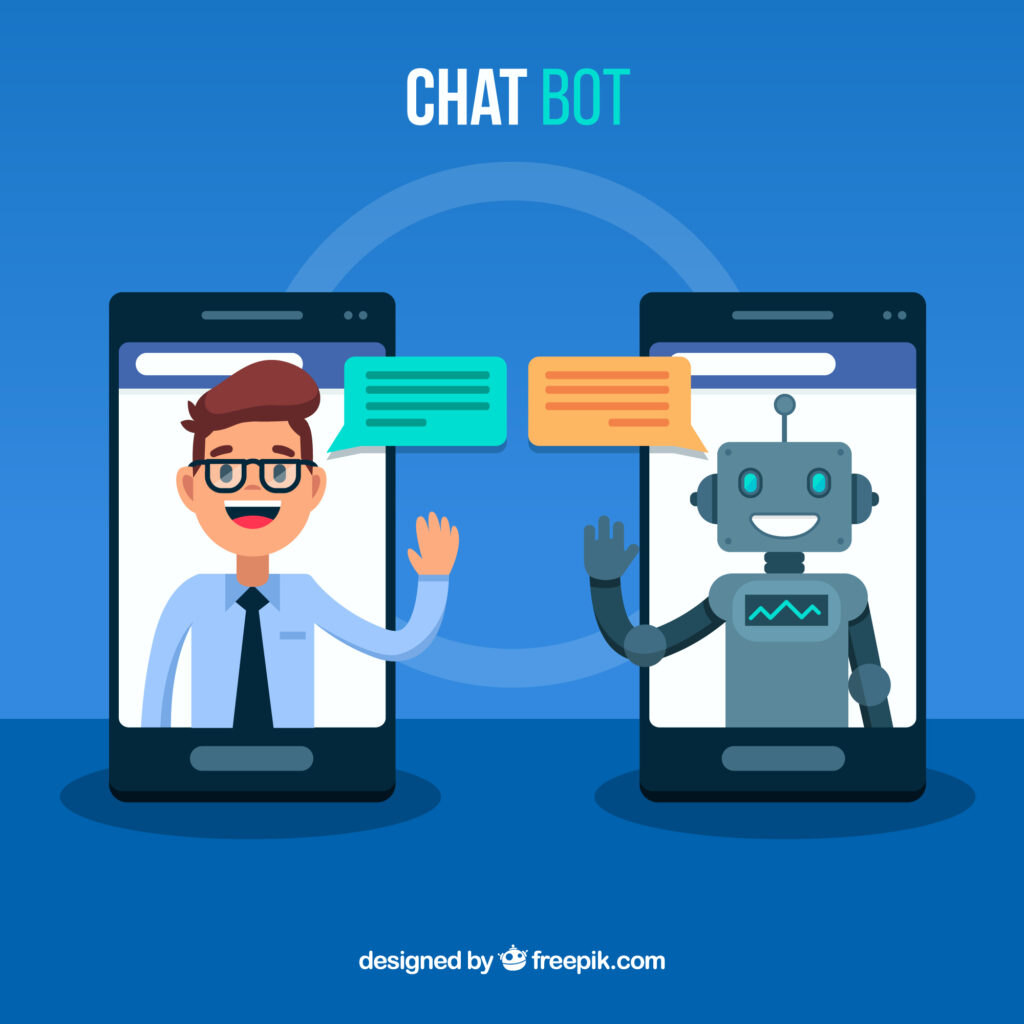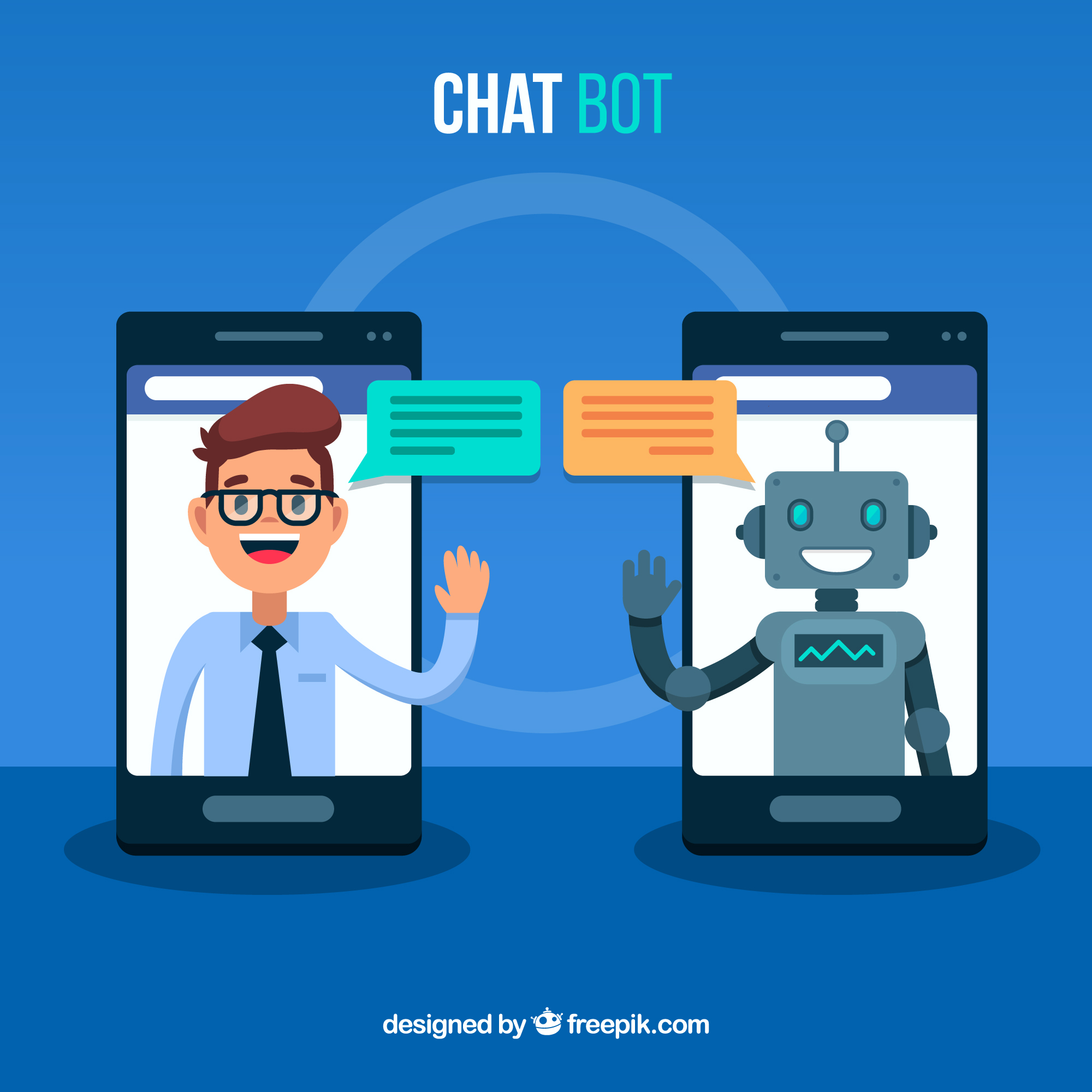In recent years, artificial intelligence (AI) has rapidly advanced, and one area where this progress is particularly evident is in chatbots. These AI-powered conversational agents, commonly known as chatbots, have come a long way from their basic origins. The evolution of chat AI has been marked by groundbreaking developments that have revolutionized how businesses interact with their customers, and how individuals engage with technology. In this article, we will explore the evolution of chat AI, its current state, and the ways it is changing the game across various industries.

## From Basic Scripts to Intelligent Conversations
The first-generation chatbots were primarily rule-based systems, using pre-defined scripts to respond to specific queries. These early bots lacked the ability to understand natural language and often delivered rigid, unhelpful responses, leaving users frustrated. However, with advancements in natural language processing (NLP) and machine learning, chatbots have now entered the era of Chatbots 2.0.
### The Emergence of NLP
Natural language processing is a crucial component of Chatbots 2.0. This technology allows chatbots to comprehend and interpret human language, making conversations more fluid and dynamic. Instead of relying on pre-programmed responses, modern chat AI systems can analyze user input, identify intents, and generate contextually relevant answers.
### Machine Learning and Contextual Understanding
Machine learning algorithms have played a significant role in enhancing chatbot capabilities. Through continuous learning from user interactions, chatbots can adapt and improve their responses over time. This contextual understanding enables them to provide personalized recommendations and solutions, creating a more engaging and satisfactory user experience.
## Chatbots in Customer Service
One domain where Chat AI is evolving and making a significant impact is customer service. In the past, customer support centers faced challenges with long waiting times, repetitive queries, and sometimes inconsistent responses. With Chatbots 2.0, companies can now deploy AI-powered chatbots that handle routine inquiries efficiently, freeing up human agents to focus on more complex issues.
### 24/7 Availability and Instant Responses
Unlike traditional customer support, chatbots can operate around the clock, providing instant responses to customer queries regardless of the time zone. This continuous availability not only improves customer satisfaction but also reduces the strain on customer service teams.
### Personalized Customer Interactions
Thanks to advanced NLP and machine learning, modern chatbots can understand customer preferences and history, enabling personalized interactions. By accessing past interactions and purchase history, chatbots can offer tailored product recommendations and address specific concerns, leading to increased customer loyalty.
### Resolving Complex Issues
Chat AI is evolving to handle more intricate problems, surpassing the limitations of basic scripts. Through improved context awareness and machine learning, chatbots can now address more complex issues, making them even more valuable assets for customer service departments.
## Empowering E-commerce
The rise of e-commerce has been meteoric, and Chatbots 2.0 is transforming the online shopping experience for consumers and retailers alike. With AI-powered chatbots integrated into e-commerce platforms, customers can enjoy a more interactive and personalized shopping journey.
### Personal Shopping Assistants
Chatbots now serve as personal shopping assistants, helping customers find products that match their preferences and needs. By analyzing user input and browsing behavior, chatbots can narrow down product options, making the shopping process more efficient and enjoyable.
### Simplified Purchasing Process
Chat AI is evolving to enable seamless transactions directly within the chat interface. Customers can now complete purchases without leaving the chat window, reducing cart abandonment rates and streamlining the entire buying process.
### Post-Purchase Support
The role of chatbots extends beyond the point of purchase. They can provide order updates, tracking information, and handle post-purchase inquiries. This level of support enhances the overall customer experience, leading to increased customer retention and brand loyalty.
## Revolutionizing Healthcare Assistance
Another area where Chat AI is evolving and making a significant difference is healthcare. AI-powered chatbots are revolutionizing healthcare assistance by offering personalized support, disseminating information, and even assisting with diagnosis and treatment suggestions.
### Virtual Health Consultations
With the help of AI chatbots, patients can access virtual health consultations and receive preliminary assessments of their health conditions. These bots can ask relevant questions, analyze symptoms, and recommend appropriate medical actions or direct patients to seek professional medical care.
### Health Information Dissemination
AI chatbots are valuable sources of reliable health information. They can provide details about various medical conditions, symptoms, and treatment options, empowering users to make more informed decisions about their health.
### Mental Health Support
Mental health chatbots are becoming increasingly prevalent, providing a safe and confidential space for individuals to discuss their emotional well-being. While not a replacement for professional therapy, these bots offer valuable insights and coping strategies.
## Conclusion
The evolution of chat AI from basic scripts to intelligent conversational agents has transformed various industries. Chatbots 2.0 have revolutionized customer service by offering instant responses, personalized interactions, and handling complex issues. In e-commerce, chatbots act as personal shopping assistants, simplifying the purchasing process and improving post-purchase support. In healthcare, AI-powered chatbots provide virtual health consultations, disseminate health information, and offer mental health support.
As technology continues to advance, the future of chat AI looks even more promising. With ongoing developments in NLP, machine learning, and other AI-related fields, we can expect chatbots to become even more capable, further changing the game across industries and improving our daily interactions with technology.
Related Articles:
1. How chatbots and AI are changing the game to revolutionise …
2. ChatGPT in business: how AI is changing the game
3. Snapchat’s New Friend: How My AI is Changing the Game




